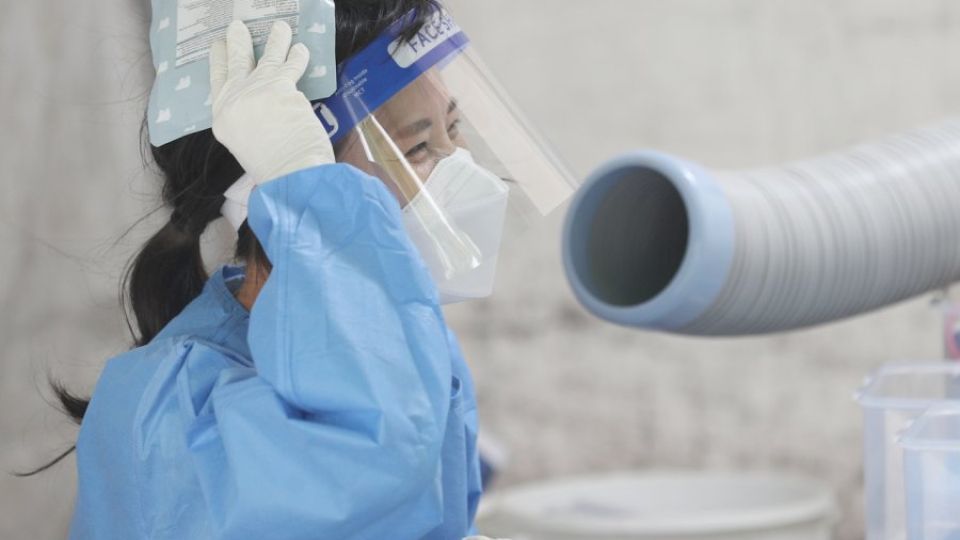July 31, 2023
SEOUL – As the government gears up to lift the last of its COVID-19 restrictions, the nation is grappling with a surge of cases, recording the highest number of daily infections since half a year ago.
According to the Central Disease Control Headquarters on Sunday, the nation saw a 35.8 percent on-week increase in confirmed cases in the third week of July, the fourth such jump in as many weeks. In particular, the number of patients over 60 rose significantly, showing a 44 percent increase.
On July 19, the number of new daily infections reached 47,029, the highest in approximately six months since Jan. 11, during the peak of the winter resurgence.
The recent surge seems to be due to the combination of the eased COVID-19 restrictions, weakened immunity and the virus continually reappearing in new, more transmissible variants.
Meanwhile, the Ministry of Health and Welfare and the Korea Disease Control and Prevention Agency are planning to proceed to the next step of “daily recovery measures,” lifting the remaining COVID-19 measures and adjusting the virus’ official infectious disease rating.
COVID-19’s infectious disease rating will be lowered from the current level 2 to level 4 as early as the beginning of August. Currently, COVID-19 — along with tuberculosis, measles, cholera, typhoid, hepatitis A and Hansen’s disease — is listed as a level 2 infectious disease, a designation that encompasses “infectious diseases that need isolation and should be reported within 24 hours out of consideration of the possibility of transmission.”
If COVID-19’s infectious disease rating is lowered to level 4, the requirement to wear indoor masks in some places — such as hospital-level medical institutions and other vulnerable residential facilities — will be converted to a recommendation, lifting the mask mandate completely. Further, the number of confirmed infections will no longer be counted at all. Treatment involving extracorporeal membrane oxygenation (ECMO) or a respirator will continue to be supported for severely ill patients. For everyone else, vaccination and oral medication support will remain. The five-day quarantine recommendation for confirmed patients will stay in place.
The government plans to provide free COVID-19 vaccinations with updated vaccines based on the Omicron XBB variants in October for the winter season.


